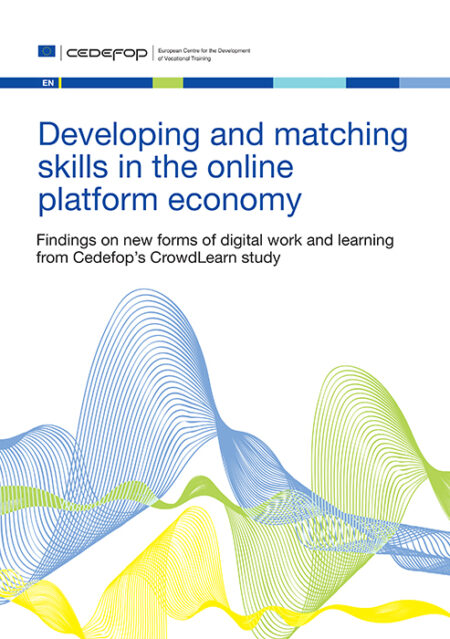
Professor Vili Lehdonvirta
Former Professor of Economic Sociology and Digital Social Research
Vili Lehdonvirta is an expert on the politics and economics of digital platforms. His current research focuses on the geopolitics and geoeconomics of digital infrastructures.


